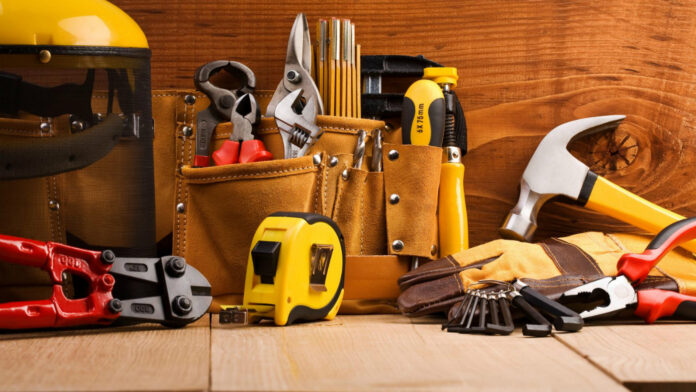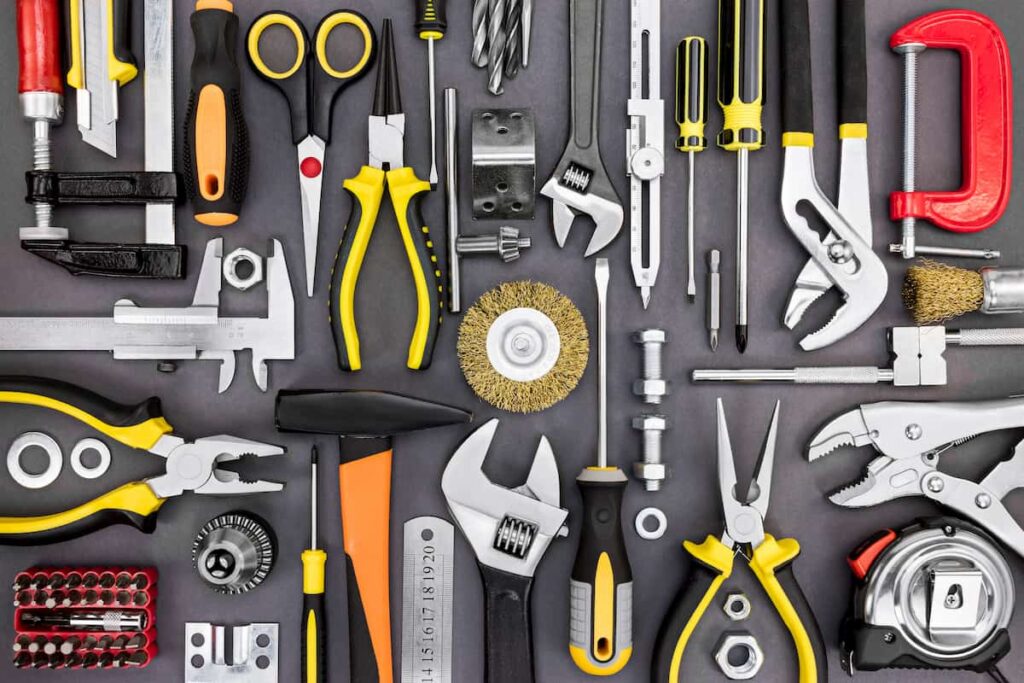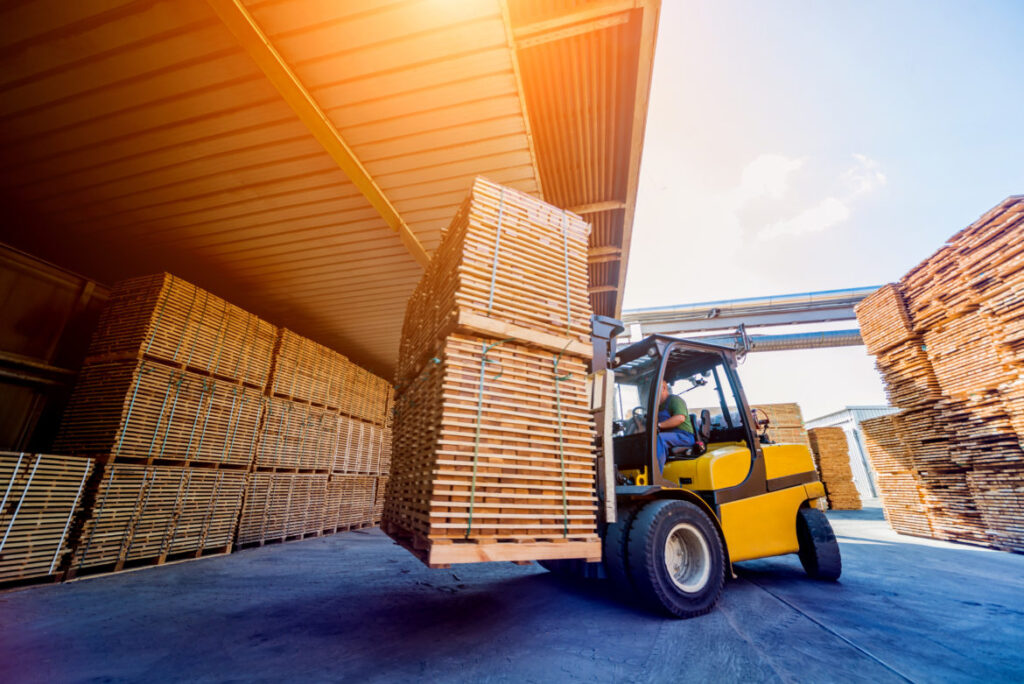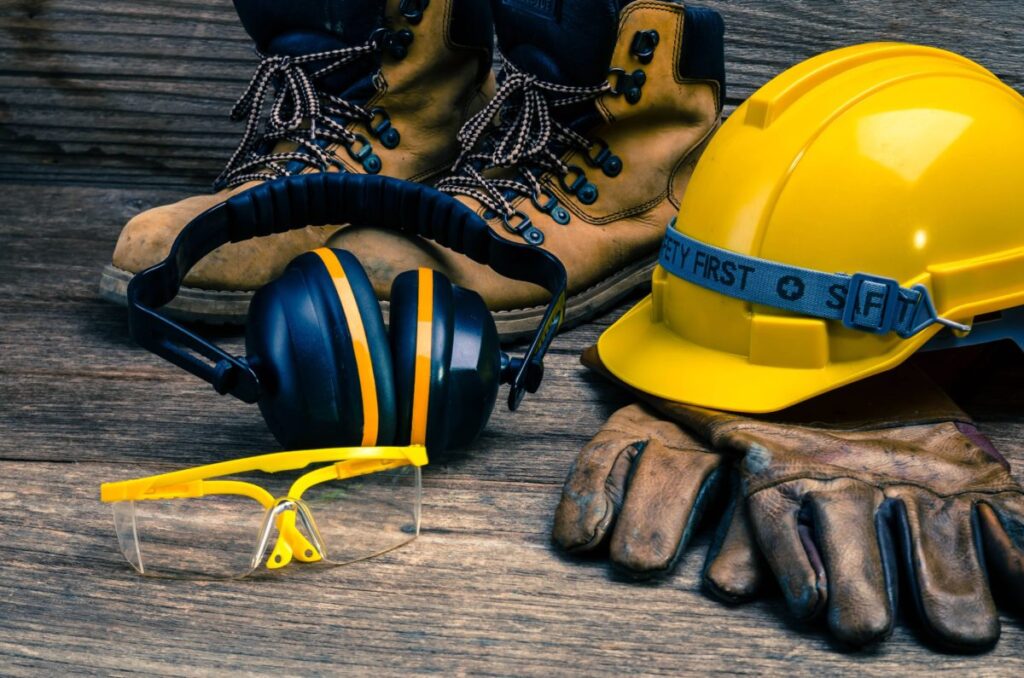
When we talk about industrial supplies, we refer to all those components, spare parts, accessories, and equipment that a company or industry needs, both for its own facilities, as well as tools and supplies for its production processes. Industrial supplies play a crucial role in ensuring the smooth operation of various businesses and manufacturing processes.
From safety equipment to tools and machinery parts, these supplies are essential for maintaining productivity and efficiency. However, choosing the right industrial supplies and handling them properly can be challenging, especially for beginners. In this comprehensive guide, we’ll walk you through the process of selecting and managing industrial supplies to help you make informed decisions.
The most fundamental criterion for a good supplier is that its products are good. Good products are reflected in: first, the product quality is fine; second, the product price is reasonable; third, the product supply is stable and the supply is guaranteed. For a wide range of high-quality industrial supplies, consider exploring the offerings of National Supply Network.
Understanding Your Needs

Before diving into the world of industrial supplies, it’s essential to assess your specific requirements. Consider the nature of your business, the scope of your operations, and the type of equipment you use. This evaluation will help you create a list of necessary supplies, making the selection process more manageable.
Choosing the Right Supplier
Selecting a reliable industrial supply partner is crucial for ensuring the quality and consistency of your supplies. Look for a supplier with a proven track record, a broad range of products, and a strong commitment to customer service.
Also, consider factors such as pricing, delivery options, and return policies to find a supplier that best fits your needs.
Safety Equipment

Industrial safety equipment is vital for protecting workers and maintaining a secure work environment. Common safety supplies include personal protective equipment (PPE), such as hard hats, safety glasses, gloves, and safety shoes.
Other safety items may include fire extinguishers, safety signs, and emergency response equipment. Always prioritize safety when choosing industrial supplies, and ensure that all products meet the relevant industry standards and regulations.
Tools and Machinery Parts
Industrial tools and machinery parts are essential for maintaining and repairing equipment, as well as performing various tasks. When selecting tools, consider factors such as durability, ease of use, and compatibility with your existing equipment.
For machinery parts, ensure that they are compatible with your equipment and meet the manufacturer’s specifications.
Material Handling and Storage

Efficient material handling and storage are crucial for maintaining a productive work environment. Choose material handling equipment, such as pallet jacks, forklifts, and conveyors, based on the specific needs of your operation.
For storage solutions, consider options like shelving units, cabinets, and bins to keep your workspace organized and clutter-free.
Maintenance and Repair
Regular maintenance and repair of industrial supplies are essential for ensuring their longevity and performance. Establish a preventive maintenance schedule for your equipment, and ensure that all tools and machinery parts are stored correctly to minimize wear and tear.
Additionally, maintain an inventory of essential maintenance supplies, such as lubricants, cleaners, and replacement parts, to address any issues promptly.
Proper Handling and Disposal

Handling and disposing of industrial supplies correctly is crucial for maintaining a safe and efficient work environment. Follow the manufacturer’s guidelines for handling, storing, and disposing of supplies, and ensure that all employees are adequately trained in these procedures.
Implement a waste management system to dispose of hazardous materials safely and comply with relevant environmental regulations.
How to choose good Industrial Supplies?
The criteria should include budget, deadline, responsiveness, value for money, quality, and support. You’ll want to consider not only your current needs but also the future needs you might have for equipment.
How fast is your business headed for growth? If you’re growing exponentially, you’ll need an industrial equipment supplier who can keep up.
Mind the price!
Every industrial supply company has their way of setting prices for their products. It’s either fulfillment or distribution that makes the difference. You always have to consider your budget and how much you can get with your limited funds. With that, you’ll need to find a supplier or manufacturer that offers the best pricing.
But don’t just dive in, because in most cases, cheap doesn’t always mean the best. To prevent spending more in the long run as opposed to investing in quality products from the beginning, you will need to do some research. After all, you wouldn’t want to have poor-quality industrial tools and equipment in your business.
Quality and reliability
The quality of your supplies needs to be consistent – your customers associate poor quality with you, not your suppliers. Equally, if your supplier lets you down with a late delivery or faulty supplies, you may let your customer down.
Strong service and clear communication
Communication is important in ensuring a good working relationship with your supplier. From the initial briefing, through continual feedback and routine meetings, your supplier should communicate openly and regularly. You need your suppliers to deliver on time or to be honest and give you plenty of warning if they can’t.
Choosing and handling industrial supplies is an essential aspect of running a successful business or manufacturing operation. To make well-informed decisions, it’s crucial to first understand your specific needs and requirements. This involves assessing the nature of your business, the scope of your operations, and the type of equipment you use. By doing so, you can create a list of necessary supplies, making the selection process more manageable.
Once you have a clear understanding of your needs, the next step is to find a reliable industrial supply partner. Look for a supplier with a proven track record, a broad range of products, and a strong commitment to customer service. Additionally, consider factors such as pricing, delivery options, and return policies to find a supplier that best fits your needs and ensures the quality and consistency of your supplies.
When choosing industrial supplies, always prioritize safety. Industrial safety equipment is vital for protecting workers and maintaining a secure work environment. Ensure that all safety products, such as personal protective equipment (PPE) and emergency response equipment, meet the relevant industry standards and regulations.
Industrial tools and machinery parts are essential for maintaining and repairing equipment, as well as performing various tasks. When selecting tools, consider factors such as durability, ease of use, and compatibility with your existing equipment. For machinery parts, ensure that they are compatible with your equipment and meet the manufacturer’s specifications.
Efficient material handling and storage are crucial for maintaining a productive work environment. Choose material handling equipment based on the specific needs of your operation, and consider storage solutions that keep your workspace organized and clutter-

free.
Regular maintenance and repair of industrial supplies are essential for ensuring their longevity and performance. Establish a preventive maintenance schedule for your equipment, and ensure that all tools and machinery parts are stored correctly to minimize wear and tear. Additionally, maintain an inventory of essential maintenance supplies to address any issues promptly.
Proper handling and disposal of industrial supplies are crucial for maintaining a safe and efficient work environment. Follow the manufacturer’s guidelines for handling, storing, and disposing of supplies, and ensure that all employees are adequately trained in these procedures. Implement a waste management system to dispose of hazardous materials safely and comply with relevant environmental regulations.
In summary, making informed decisions about choosing and handling industrial supplies involves understanding your needs, selecting the right supplier, prioritizing safety, and ensuring proper maintenance, handling, and disposal. By following these guidelines, you can contribute to a more productive and efficient work environment.








